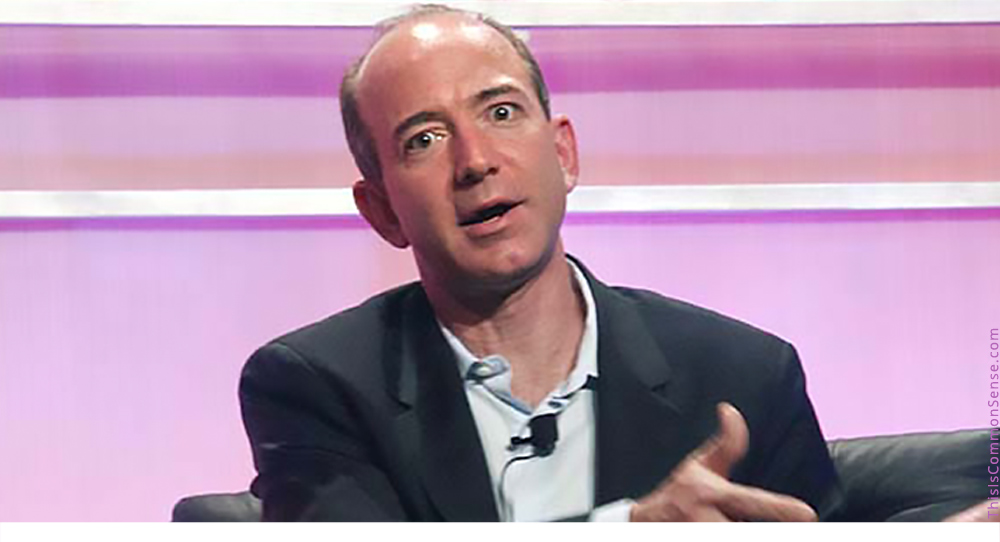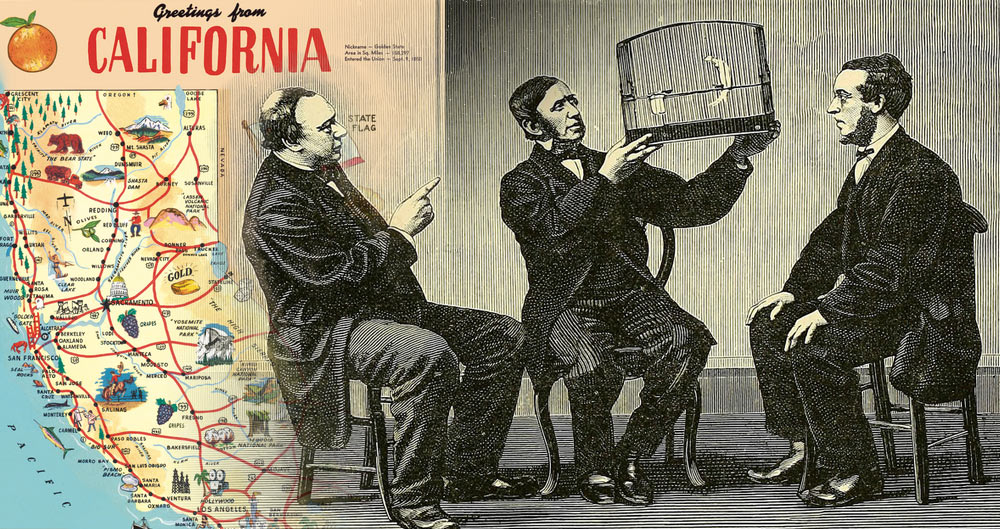When your state has the lowest credit rating in the union, the highest population decline rate, and spends nearly a quarter of its annual budget on an out-of-control government-employee pension system, what do you do?
Raise taxes, of course!
That’s the advice of experts in Illinois, anyway.
You can see why they panic: The unfunded portion of Illinois’s public employee pension system amounts to $11,000 per person in the state. Something extraordinary must be done.
Yet, as Pat Hughes at the Illinois Opportunity Project insists, taxpayers need relief — not a statewide 1 percent property tax increase.
Besides, it is not as if tax hikes could solve the problem. “It was just last year that politicians raised the state income tax by 32 percent in a desperate attempt to balance the budget,” Hughes explains. “Despite over $5 billion in new taxes, the state was back in deficit spending in less than a year.”
Hughes mentions a number of tax limitation measures in the works. More power to them.
But what’s needed even more? Spending limitation measures.
No government can be trusted to offer anything but defined-contribution pensions — and no government, at any level, should ever manage a pension system. Politicians can’t help themselves. They just cannot resist the temptation to buy off the government-worker constituency by promising more in the future than financially feasible (or just plain old politically possible) to pay for now.
Other people’s money is theirs to spend. And a future financial bind? Some other politician’s problem.
This is Common Sense. I’m Paul Jacob.
N.B. Congratulations to the Illinois Policy Institute for its Liberty Center, which won its case against forced unionization, Janus v. American Federation, on June 27. Commentary about this Supreme Court case appeared on this site in early May, “Post Blindfold.”











